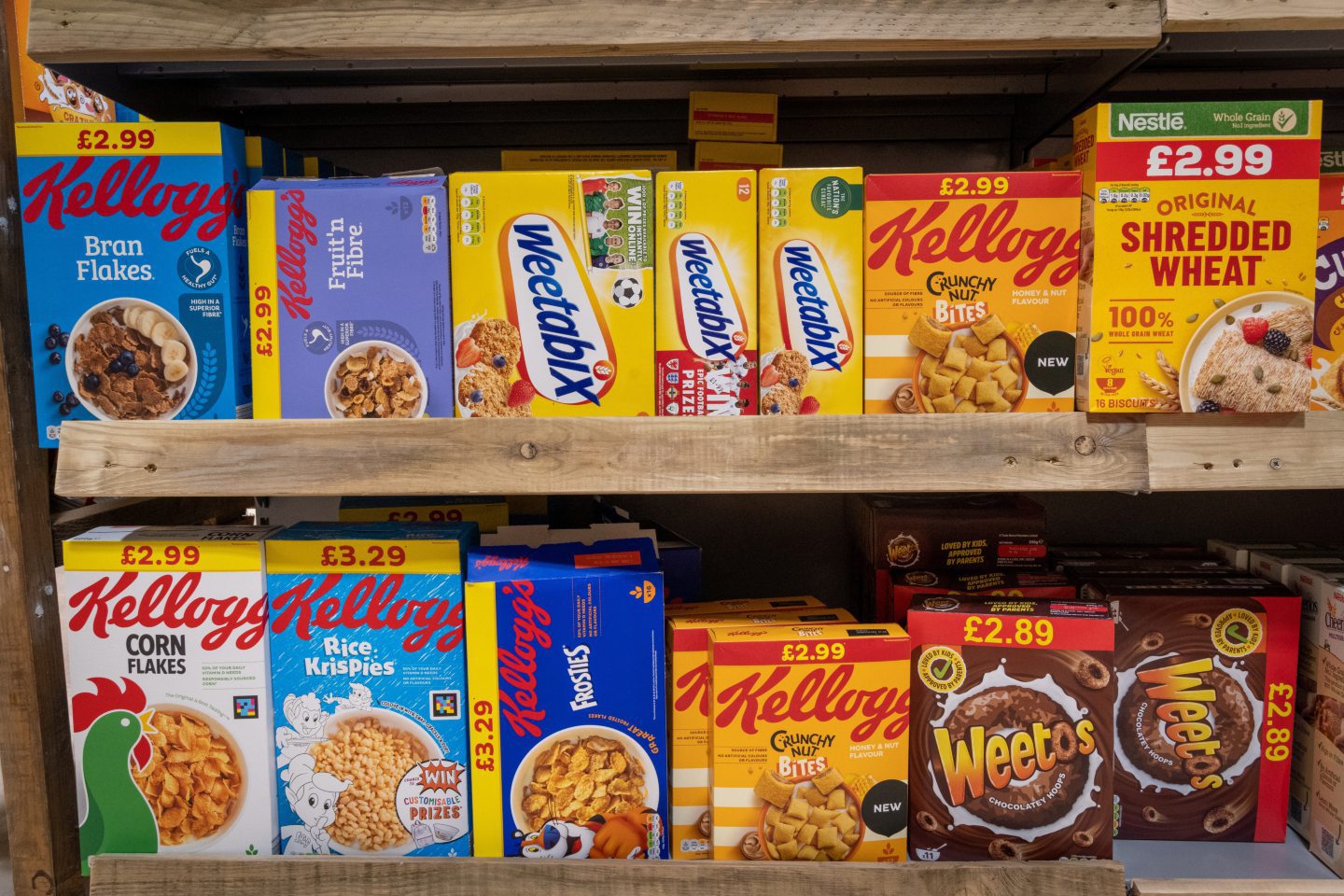Aberdeen health experts say low-budget cooking doesn’t have to be “cheap and nasty” – and could even be healthier in the long run.
There are concerns that the cost of living will push people towards unhealthier, more processed foods in a bid to save money amid the cost of living crisis.
This is being made worse with supermarket multi-buy deals tending to focus on sweet treats and snacks.
But Food Standards Scotland says there’s an opportunity for people to make small yet hugely positive changes to their diets – and still save money.
And they’ve revealed a surprising secret about own-brand goods on supermarket shelves.
Cost of living sparks ‘worrying’ cooking trends
The organisation’s latest research has found around half of us are ignoring use-by dates in order to waste less and cut costs.
And around one-quarter of Scots are reducing the amount of fresh foods and fish they eat.
Senior public health nutrition advisor Gillian Purdon says there’s growing public concern about the affordability of food.
While everything is going up in price, things like cakes and biscuits seem to be climbing less steeply than healthy options.
“It’s increased significantly since last year – which is not a surprise, but still worrying,” she said.
“And away from the nutrition impacts, which are longer-term, other behaviours like sniff tests and using things beyond their use-by dates could result in food poisoning.”
However, she says there are potential positives to come from this.
Gillian added: “People are wasting less food as they’re being a bit more careful, and maybe buying fewer takeaways and snacks.
“And if you try to eat healthier it’s more difficult to overeat as your calories aren’t as concentrated.”
The surprising secret about switching brands
The organisation is recommending people try and bulk out their meals with healthy ingredients to make them last longer.
Rather than cutting out meat altogether, Gillian suggests adding a tin of lentils or beans to a chilli to eke out an extra portion or two.
This has the added bonus of introducing more fibre to our diets – something she says most people fail to eat enough of.
Shoppers switching from branded goods to supermarket own-labels could also have a positive “unintended consequence.”
“With breakfast cereals, for example, some of the cheaper non-branded ones are often a little healthier,” Gillian revealed.
“So if you’re trading down, there might be less salt or sugar.”
Fellow senior advisor Alana McDonald said: “There’s such a stigma a lot of the time around cheap food meaning unhealthy and low quality.
“And while there are examples of that, it doesn’t have to be cheap and nasty.
“It can be just as healthy – or even better.”
How susceptible are customers to special buys?
Meanwhile, a researcher at the city’s Rowett Institute has embarked upon a three-year project to see how consumers are affected by supermarket deals.
Alex Johnstone says families are leaning towards cheaper foods that are higher in fat and sugar.
She’s working with Sainsbury’s to use anonymised Nectar data to see how shoppers are influenced by marketing trends.
Prof Johnstone will then suggest ways to improve the situation – suggesting offers on fruit and veg, or encouraging switches from fried goods to baked, for example.
And NHS Grampian has also issued advice on people struggling to eat healthily amid the cost of living crisis.
Its winter wellness guide includes cheap recipes designed to keep people full and warm during the cold months.



